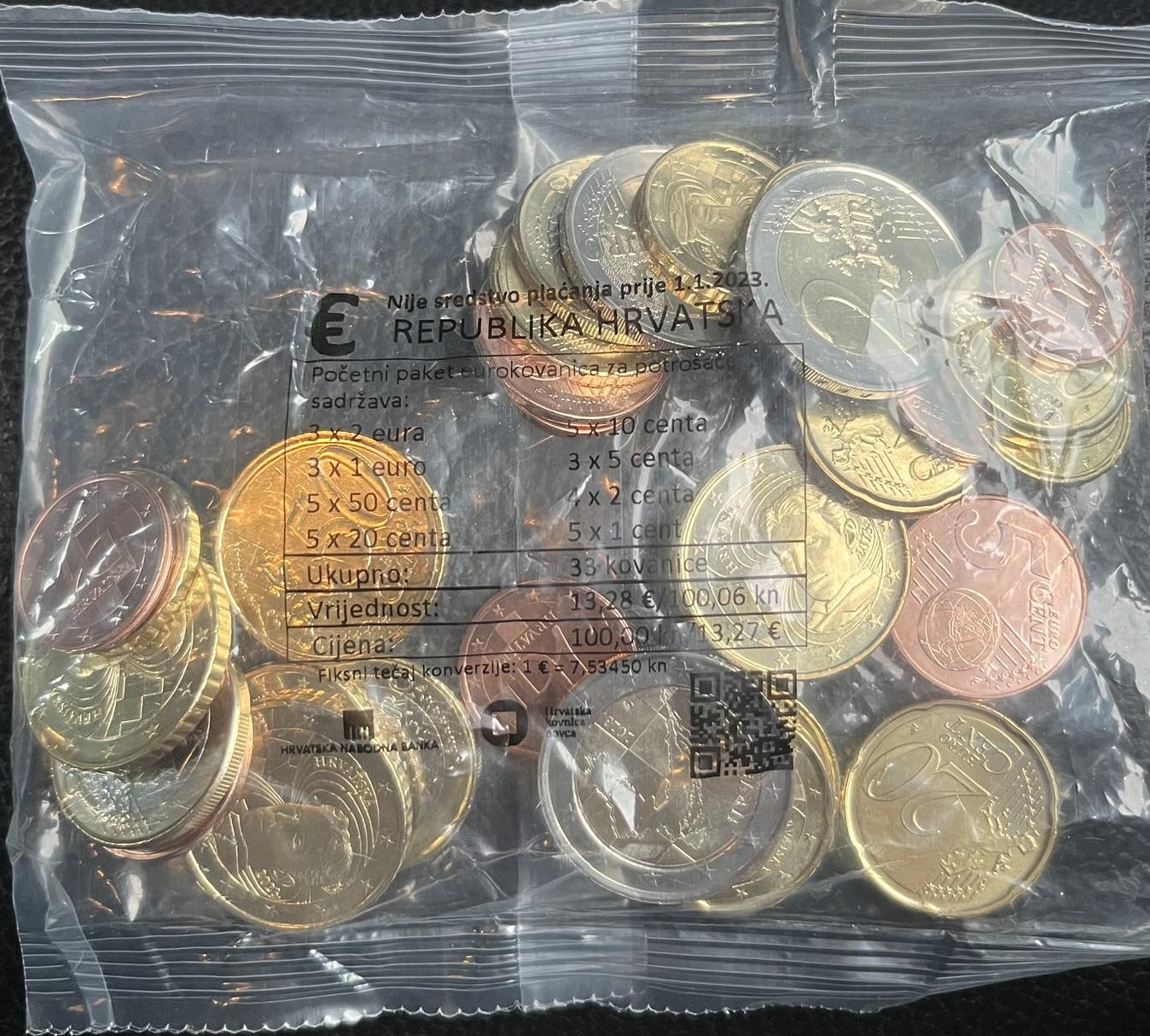In the beginning of 2023, Croatia embarked on a new journey and became the 20th European Union Member State to introduce the Euro. In fact, the latest countries to adopt Euro before Croatia were Estonia, Latvia, and Lithuania. In this article we will analyze the period of transition, the proceedings behind, the tricks used to protect consumers and finally, the results of this change.
The period of transition
The principal challenge was the high inflation environment. The problem has been solved by the Croatian authorities by standing firmly. Their behavior is almost compared to “guardians” of fairness and transparency considering some of the abusive practices during the change.
The transition to Euro has demonstrated a significant margin of success with 61% of its citizens perceiving the change as smooth and efficient, and an impressive 88% feeling well-informed about the new single currency.
A preliminary assessment of available evidence indicated that unwarranted price increases had a relatively small impact on aggregate inflation, in line with past experiences during changeovers.
During the period of transition, Croatia elegantly welcomed both Euro and Croatian Kuna banknotes and coins, allowing them to coexist in perfect harmony.
Proceedings behind
Croatia has become a member of the European Union in 2013, having signed the Treaty of Accession on December 11, 2011. Ten years later, Croatia has triumphed another bureaucratic battle by becoming part of the Eurozone.
The role of the institutions of the European Union is crucial to any decision, so distinguishing between the different steps of the processes – and who has the butter and the knife in hands – is very important to truly understanding the process.
The European Central Banck and the European Commission has had an important role because they had to prepare assessment reports, meaning basically looking at all the information collected and evaluating the economic and financial aspects of Croatia´s readiness to adopting the Euro. Nonetheless, the final decision has to be and was taken by the European Council.
In this process the representatives from all EU member states must give an opinion on the subject, they must be involved because of the relevance of the matter. The proposal made by them is presented to the European Commission, and finally, it is necessary to seek input from the European Parliament before reaching a conclusion.
The proceedings behind are very bureaucratic. There were several important dates that marked this transition. On July 12, 2022, the European Council approved Croatia´s adhesion to the eurozone, but it was not until January 1, 2023, that the process of official introduction of the Euro has concluded, with the circulation of the coins and bills. That final date to change remaining Kuna coins at the national bank of Croatia (Hrvatska Narodna Banka) is December 31, 2025. On the other side, bills can be changed at the same place for an unlimited period of time.
Finally, the European Commission has an important role too, as it is part of the Partnership Agreement and the subsequent Grant Agreement, providing funding for 50% of eligible costs, following the same approach as in all previous Euro changeovers.
Tricks to protect consumers
First, the Code of Ethics is a set of provisions where both businesses and retailers can subscribe before the changeover. Second, the price monitoring of goods and services has had its main purpose in keeping a close eye on the cost of goods and services. Third, the supervision of traders, business and retailers are subject to meticulous inspections. Finally, the dual display of prices, shown both in Kuna and Euro, is a smart way to familiarize the citizens with the new currency and it allows easier comparison between prices.
The results
According to the latest polls on the matter, the review of the public opinion, on one hand, 64% of respondents expressed their support for introducing the Euro – on the other hand, 30% opposed its introduction. However, most of the respondents are in favor of the new coin, the Euro, rather than the opposite.
Conclusion
The Croatian changeover was challenging due to the high inflation environment. The communication campaign contributed to a smooth transition with a high percentage of citizens feeling well-informed and experiencing minimal issues during the currency changeover. Other countries should learn from Croatia´s experience for their own Euro transitions.
The report about “The introduction of the euro in Croatia” is available here:
https://economy-finance.ec.europa.eu/euro/eu-countries-and-euro/croatia-and-euro_en
Article about the “Euro and Schengen: Croatia joins the Euro and Schengen areas” is available here:
https://cyprus.representation.ec.europa.eu/news/euro-and-schengen-croatia-joins-euro-and-schengen-areas-2022-12-30_en
Article about the “Croácia (desde 1 de janeiro de 2023)” is available here:
https://www.ecb.europa.eu/euro/changeover/croatia/html/index.pt.html

